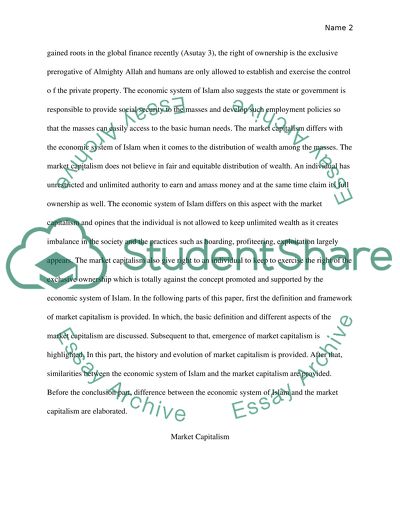Cite this document
(“The market capitalism and the economic system of Islam. Similarities Essay”, n.d.)
Retrieved from https://studentshare.org/finance-accounting/1395933-the-market-capitalism-and-the-economic-system-of-islam-similarities-and-differences
Retrieved from https://studentshare.org/finance-accounting/1395933-the-market-capitalism-and-the-economic-system-of-islam-similarities-and-differences
(The Market Capitalism and the Economic System of Islam. Similarities Essay)
https://studentshare.org/finance-accounting/1395933-the-market-capitalism-and-the-economic-system-of-islam-similarities-and-differences.
https://studentshare.org/finance-accounting/1395933-the-market-capitalism-and-the-economic-system-of-islam-similarities-and-differences.
“The Market Capitalism and the Economic System of Islam. Similarities Essay”, n.d. https://studentshare.org/finance-accounting/1395933-the-market-capitalism-and-the-economic-system-of-islam-similarities-and-differences.


